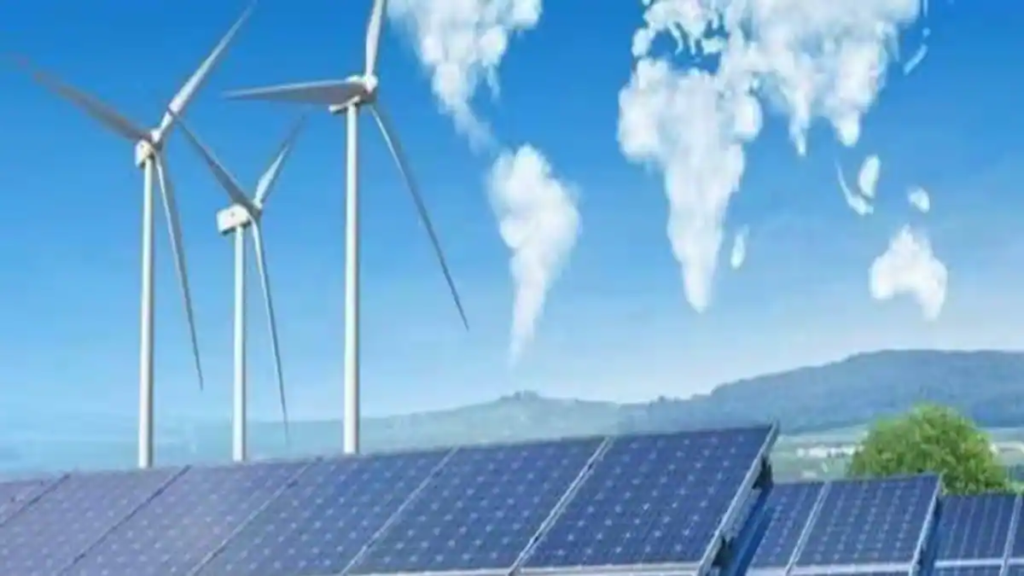Country still ranked 67 in the transition index
India the only major economy that is “making advances on all aspects of energy transition,” the World Economic Forum (WEF) said in a report, even as the country still ranked a lowly 67 among 120 countries in terms of the progress in the transition.
The momentum of transition, which is key to the country meeting the multilateral carbon reduction goals, is “accelerating across the Energy Transition Index’s (ETI) equitable, secure and sustainable dimensions,” the WEF said.
India is steadily improving across the three dimensions of the energy triangle over the past decade, and improved its score by more than 10 percentage points along with two other large emerging centres of demand – China and Indonesia.
“Achieving universal access to electricity, replacing solid fuels with clean cooking options (primarily liquefied petroleum gas) and increasing renewable energy deployment have been primary contributors to the improvement of India’s ETI performance,” the WEF said in the report “Fostering Effective Energy Transition 2023 Edition.”
At COP26, India committed to achieving net-zero emissions by 2070 and raised its ambition in its revised nationally determined contribution to reduce emission intensity by 45% from 2005 levels, and attain 50% of cumulative non-fossil fuel power generation capacity by 2030.
Though the energy mix remains predominantly carbon intensive, Indian energy sector’s sustainability profile has improved due to the reduced energy intensity and the increasing share of renewable energy, it said.
“Improvements in the enabling environment have been driven by political commitment, an ambitious reform agenda, infrastructure investments and a competitive renewable energy landscape,” the report stated.
India’s energy consumption has more than doubled since 2000. And, as it is the fastest-growing major economy, this trend is expected to continue. With rising energy demand, India’s energy imports have increased in tandem.
Although the report notes that India maintains a well-diversified mix of energy trade partners, rising import dependence represents a risk amid global energy market volatilities. Decarbonization of power generation and electrification of final demand are key levers of India’s energy transition, it said.
The report further highlights that India will require a substantial increase in investments and the modernisation of the grid infrastructure if it wants to install 500 GW of non-fossil fuel power generation capacity by 2030.
It also noted the need for strategies for early retirement or repurposing of the existing thermal power plants, even as their expansion has considerably slowed. India, however, maintains that it will not compromise on energy security needed for growth.
Other challenges that may impact continued progress in energy transition are strong economic growth, urgency to create quality jobs, skilled workforce and investment in R&D in low-carbon technologies, it added.

Source:financialexpress.com


